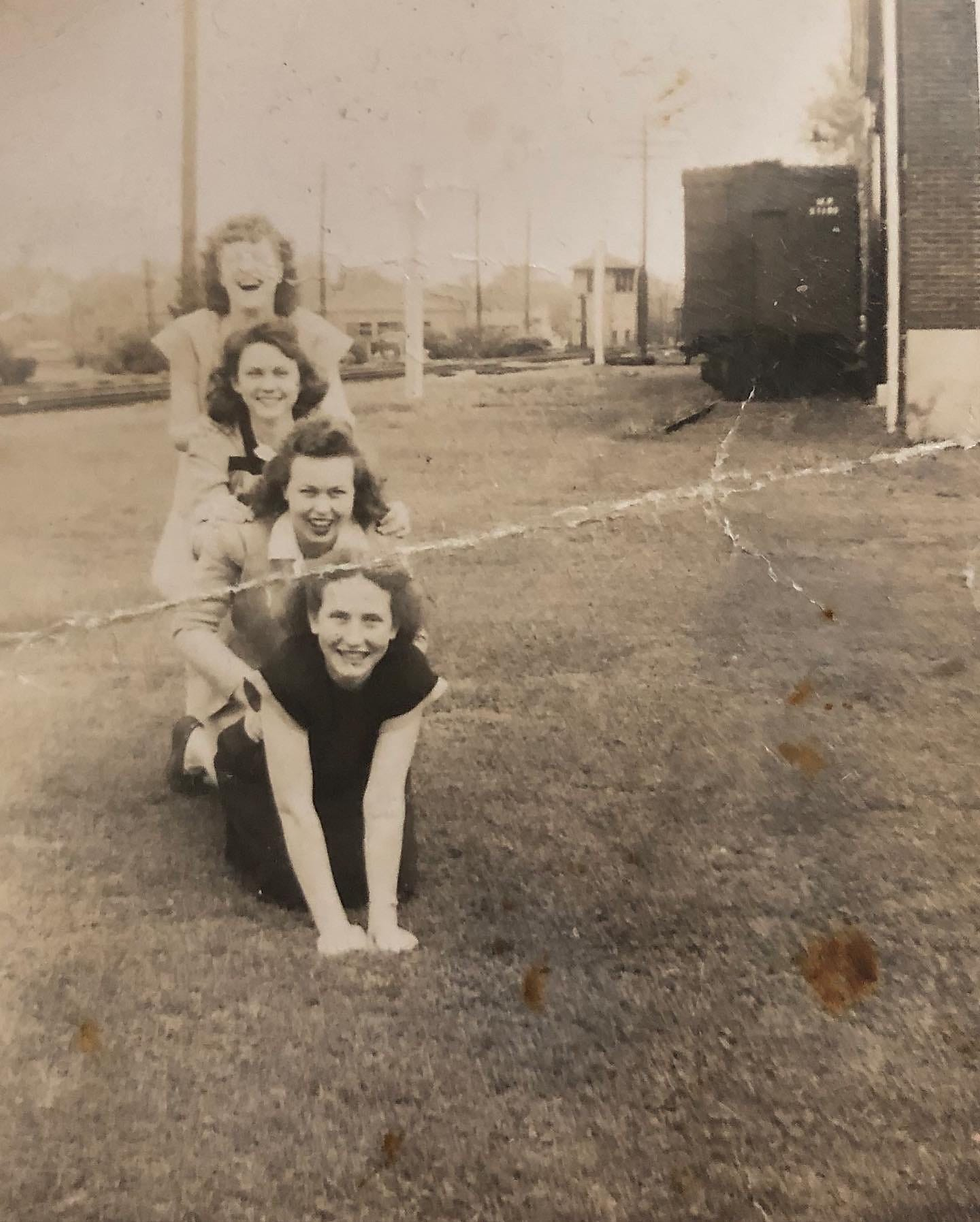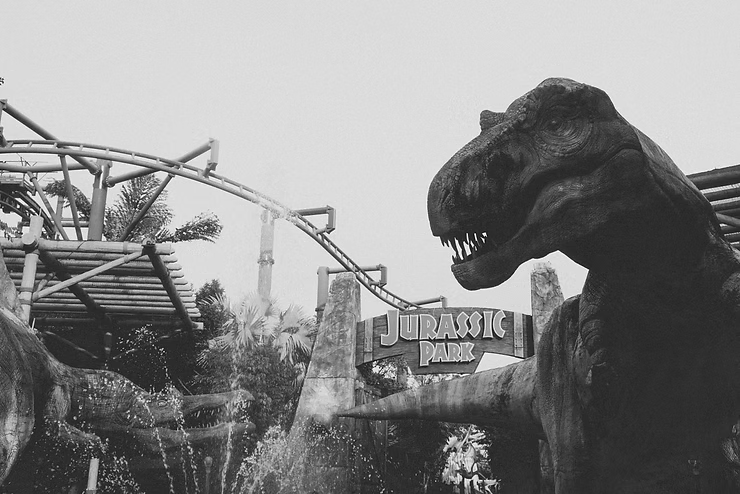Memory Is A Strange Thing
- Liz

- Aug 4, 2025
- 3 min read

Content Note: Sexual assault.
I kept one journal from my childhood. It fits in my hand, and on its cover there's a fat cat wearing a sunhat. I only kept it because my sister made me. “You’re a writer. You have to keep at least one,” she insisted.
I’ve perused bits of the tiny diary — the first entry is from 1996, and the last entry is from 2004. One entry contains complaints about my sister “being a brat.” Several entries contain “To Do” lists and Bible verses.
Some of the pages are blank, and some feature drawings: A Walmart sign, a home with a chimney, a mermaid, and more. But I can’t bring myself to read the book cover to cover for the same reason I initially told my mom: “Throw them all away.”
I’m scared of what I might find.
Several years ago, when I was living in a different state than my parents, I ran into one of my relatives while I was home for a visit. It was a sunny spring day, and I was joyfully walking around my childhood neighborhood. My relative was happy to see me, and it was the last time I would be happy to see him.
Our brief conversation was friendly but unremarkable. When we hugged goodbye, his wandering hands stopped time. Suddenly frozen, I found myself trapped in his embrace, remembering for the first time when a much younger me was trapped in his embrace.
Memory is a strange thing.
In 2023, my mom was briefly hospitalized after experiencing transient global amnesia. It’s a condition that causes a short period of confusion. People who experience it know who they are and they recognize the people closest to them, but they aren’t able to create new memories, so recent happenings can’t “stick” in their brains.
It hit my mom while she was showering. She couldn’t remember getting into the shower or if she’d washed her hair or body. At one point, she had to ask my dad which soap she should use. Before her shower, my mom had heard about the death of a friend’s husband, but suddenly she couldn’t remember that he’d died. All of this scared my dad into calling my sister, a registered nurse, who accompanied my parents to the hospital.
Fortunately, transient global amnesia isn’t serious and those who experience it typically get back to their normal selves within hours — my mom was released from the hospital the day after being admitted — but it’s still terrifying. Especially when you have a family history of dementia.
My dad’s parents died relatively young: his mother from breast cancer, his father from a heart attack. Neither of them reached their sixties. But my mom’s mother, Ruby Jane, lived long enough to show me what dementia looks like.
When it comes to appearance, I’m my mother with a bigger nose, straighter teeth, and curlier hair, so it didn’t surprise me when my grandma started calling me Donna. And I never corrected her. When she would look at me and say: “Hi, Donna!” I’d look her in the eyes, smile, and greet her with a hug or a hand squeeze.
I do what I can to protect my brain and fight the risk factors for developing dementia. I take a vitamin D supplement and an antidepressant, I have a fairly active social life, I prioritize sleep, I consume alcohol in moderation, I eat a vegetarian diet rich in plants, I drink lots of water, I stay physically active, I write frequently, and I recently started playing music again. Still, sometimes I wonder which memories I’ll be left with at the end of my life.
If I get to live a long time, will I start calling my nieces by my sister’s name? Will I remember what my relative did to me when I was a teenager? Will I forget how to write and read?
And if I forget who I am before I forget how to read, I wonder if I’ll finally manage to confront every page of my childhood journal — perhaps empathetic, but most certainly unbroken, by any revelations I might find buried in its pages.


